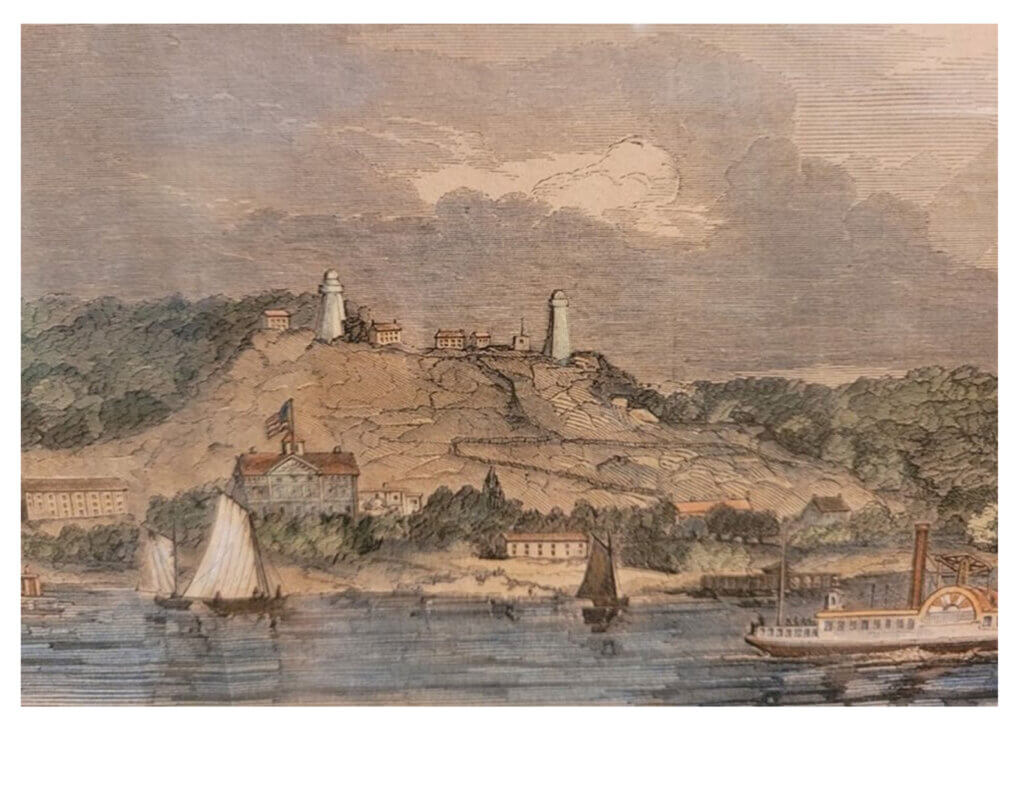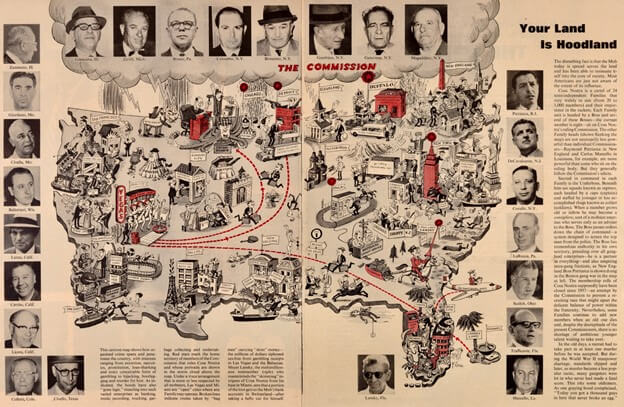The Works in Progress Seminar is a forum for presenting work under way in an area of scholarship or teaching for a seminar-style discussion among faculty of the Department of History and Anthropology and the broader campus community, originally conceived and developed by Hettie V. Williams, Ph.D. The mission of this seminar is to foster awareness about the research interests among faculty, improve communication about areas of teaching and scholarship, facilitate discussions across disciplines, and encourage collaborative research opportunities.
Fall 2024–Spring 2025 Calendar
Presentations take place once per month during the Fall and Spring semesters from 1:15 p.m.–2:15 p.m. in Howard Hall 316, usually on the fourth Wednesday of the month.
Schedule
- Sept. 25, 2024 – The Global Sixties: Cold War Crises and Cultural Shifts
- Oct. 23, 2024 – “The Best Lights on the Coast:” Archaeology and Tourism at the Twin Lights
- Dec. 10, 2024
- Feb. 26, 2025
- March 26, 2025 – STEMming from Punk Rock
- April 23, 2025 – Organized Crime and Abortion
Sept. 25, 2024 – The Global Sixties: Cold War Crises and Cultural Shifts
Presenter: Kenneth Campbell, Ph.D., Professor, Department of History and Anthropology

Oct. 23, 2024 – “The Best Lights on the Coast:” Archaeology and Tourism at the Twin Lights
Presenters
- Adam R. Heinrich, Ph.D., Associate Professor, Department of History and Anthropology
- Richard Veit, Ph.D., Professor, Department of History and Anthropology
The 2023 Monmouth University archaeological field school revealed the foundation of the original c.1828 southern Twin Light lighthouse. Part of the endeavor hoped to find clues to the architectural problems that led to its demolition and replacement in 1861. During the excavation, it became evident that the artifacts contained a notable quantity of personal objects that spoke to a range of activities that occurred at the site including how the site of the Twin Lights has served as a tourist attraction since the nineteenth century.
Dec. 10, 2024
Presenter: Dane Ward, Assistant Professor, Department of History and Anthropology; University Cartographer; Director of GIS Programs
Get to know our new professor as he shares with us knowledge on some of his areas of expertise: Dane Ward’s experiences are strongly rooted in ecological field research. Ward is a conservation biologists, with current research projects focusing on herpetology, population ecology, pine barrens ecology, urban ecology, and marine ecology. He has experience mentoring student researchers in international settings. Ward’s mentorship focuses on creating socially and culturally minded international researchers.
Feb. 26, 2025
Presenter: Hillary DelPrete, Ph.D., Associate Professor, Department of History and Anthropology
Hillary DelPrete, Ph.D., is an associate professor of Biological Anthropology and the undergraduate program director in Anthropology at Monmouth University. DelPrete’s research interests focus on modern evolution and human variation. Her previous research has focused on changes in pelvic morphology over the last two hundred years to gain a better understanding of modern human variation and human evolution. She is particularly interested in how the modern skeleton continues to change with changes in the environment, nutrition, and technology. Join us for an informative session on her works in progress.
March 26, 2025 – STEMming from Punk Rock
Presenter: Jeffrey H. Weisburg, Ph.D., Specialist Professor, Department of Biology
Jeffrey H. Weisburg is a specialist professor in the Monmouth University Department of Biology where he frequently teaches Anatomy and Physiology, Cell Biology, Immunology, and Microbiology in Health and Disease. He received his B.A. from Clark University and his Ph.D. from Cornell University Medical College.

April 23, 2025 – Organized Crime and Abortion
Presenter: Katherine Parkin, Ph.D., Professor, Department of History and Anthropology; Jules Plangere, Jr., Endowed Chair in American Social History
Organized crime played a role in the experience of many securing, providing, and paying for abortions before they were legalized. The high rates for the procedure made illegal abortion in the 1960s the third largest moneymaker for organized crime. However, most studies by historians, criminologists, and sociologists have not considered how, where, and when organized criminals and their accomplices profited from abortion. This study of organized crime includes those providing abortions and lending money nationally, including relatives of Frank Sinatra and Drea de Matteo (“The Sopranos”) who provided illegal abortions in New York City.
